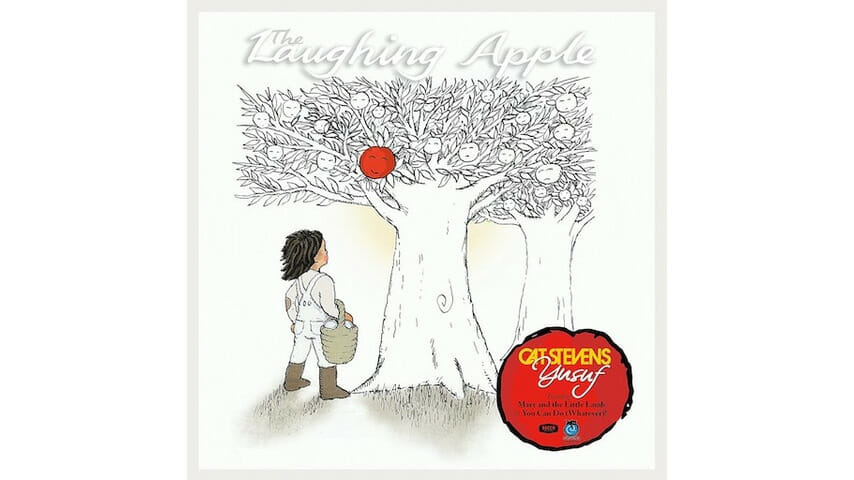Yusuf/Cat Stevens: The Laughing Apple

Cat Stevens’s transition from pop idealist to a meditative minstrel named Yusuf Islam seemed an abrupt disconnect. Along the way, he renounced his previous creative endeavors in favor of sacred music that underscored his newly embraced Islamic faith. It was a move that brought controversy and had fans wondering if he was forever lost to religion.
-

-

-

-

-

-

-

-

-

-

-

-

-

-

-

-

-

-

-

-

-

-

-

-

-

-

-

-

-

-

-

-

-

-

-

-

-

-

-

-








































